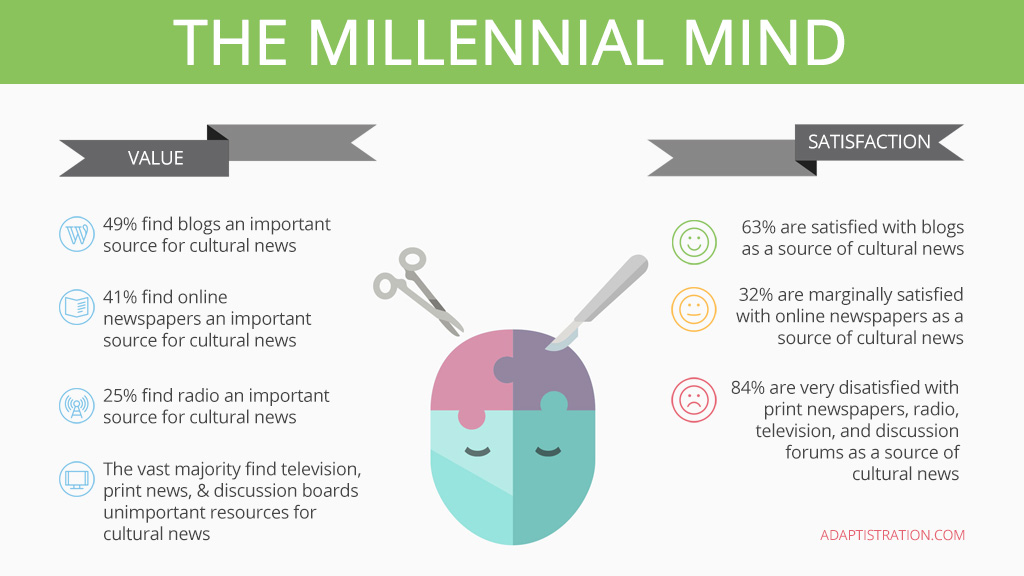I’ve received a great deal of responses about this blog and I would like to share two contrasting reader opinions that I feel add to this issue.
The first is from Curt Long, the Executive Director for the Dayton Philharmonic and ASOL Management Fellowship Program alumnus. Curt takes me to task regarding my assertion of League influence over the industry and my assessment of their Management Fellowship Program.
On the other hand, I think you are just plain wrong in believing that there is such a thing as a League “management philosophy” which is disseminated through the ranks of professional orchestra managers. I’ve been around the League for about 13 years now, and in that time my observation has been that, while the managers of the biggest American orchestras may not agree on many things, they all believe that they know how to do their jobs far better than anyone at the League could possibly begin to imagine. They have been much more concerned with preventing the League from “mucking things up” through what they perceive as well-intentioned but misguided efforts to lead the field than in any way following a prescribed management philosophy. Obviously, this may change with Henry Fogel’s new arrival, but it’s far to early to tell.
I also have to disagree with your assessment of the Fellowship program. During my fellowship year I worked with four very different orchestras and had the chance to observe four very different managers. They all had strengths and weaknesses; they all led organizations with strengths and weaknesses. I am not a clone of any of the managers I worked with, although I certainly reflect back on and learn from situations I observed during the fellowship year from time to time. I would freely admit that over the course of the fellowship year I met a few orchestra managers whom I thought were complete idiots (including at least one who was brought in to share his management expertise with us at a seminar). Out of my class of 6, four of us are currently managing orchestras. We have completely different management styles.
The second response is from Kristie Nelsen, who holds a Master’s Degree in Music History and currently works for a non-profit organization. She wrote in to relate her frustrations with what she perceives as a negative League influence over the industry. She makes an especially keen observation about the League’s Management fellowship Program being unfairly geared toward League members.
As someone who has been considering a career in orchestral management for some time now, I have often wondered exactly how one “breaks” into what appears to be an especially exclusive business. There seems to me to be a big gap between entry-level or non-paying positions and upper management. For example, with a master’s in music history and nonprofit work experience, I find myself somewhat over-qualified for office assistant or volunteer envelope stuffer but certainly not ready for Executive Director either.
I should mention that I did once apply to the ASOL’s Orchestra Management Fellowship Program only to find myself hopelessly outclassed by candidates already filling the types of positions I aspire to. It doesn’t help that the ASOL’s application asks if you are currently a member, and which ASOL sponsored trainings you’ve attended. If you are already employed by a symphony in some capacity important enough for them to pay your membership dues [$100 annually] and send you to trainings, aren’t you already well on your way to a management position?
Where are those mid-level administrative positions that might eventually lead to upper management? Can an “outsider” become hireable without the ASOL’s endoresement?
Both reader’s make excellent points, although I tend to agree more with Kristie. She shows us first hand how frustrating it is to attempt entering this “Old-Boy” society as an outsider.
Keep sending in your thoughts and feelings about this issue; I’m certain we’ll be talking about it on a regular basis.


